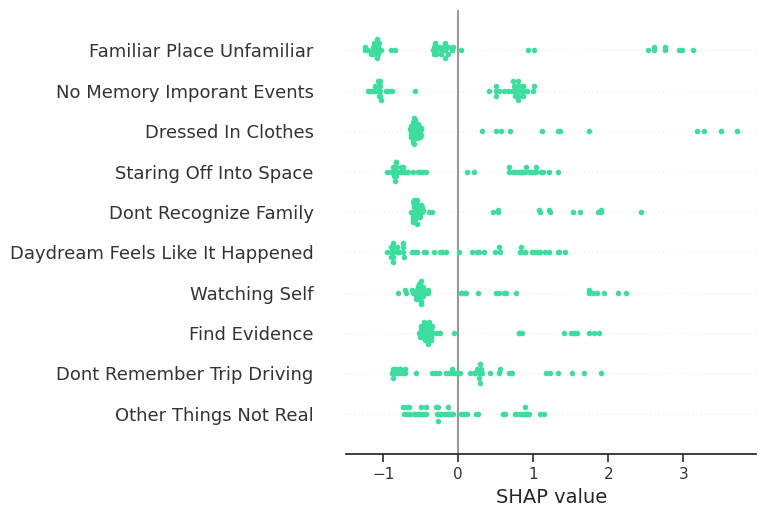r/HPPD Community-led Study Reveals Anxiety-HPPD Correlation
Note: The following data is based on 62 participants who completed a one-time mobile survey. The data was collected between August 12, 2022 and January 24, 2023.
Background
One of the concerns raised by study collaborator and moderator of r/HPPD, Sophia Alcala, are reports of anxiety described by many of the Reddit community members. HPPD or Hallucinogen (Induced) Persisting Perception Disorder (HIPPD) is an understudied disorder with a complex and unpredictable nature with sufferers reporting an alteration of everyday perception. There are overlapping psychiatric, psychological, and neurological symptoms that have been reported by a subset of people who have taken psychedelics. Most psychedelics are implicated, but some more than others.
To examine the report of anxiety, participants took the validated Generalized Anxiety Disorder (GAD-7) scale as well as the Dissociative Experiences Scale (DES-II) to assess associations between the severity of HPPD symptoms with anxiety and/or dissociative symptom severity. We also explored possible links between HPPD symptoms with past and current substance use (nicotine, alcohol, psychedelics, etc.)
Findings
We found that severity of HPPD symptoms is positively correlated with both GAD-7 scores and DES-II scores indicating that those with more severe HPPD symptoms also tend to score higher on measures of anxiety and dissociative symptom severity (Figure 1). Dissociative symptoms were not only correlated (associated) with HPPD symptom severity but also they were predictive of HPPD symptoms, implying causality (Figure 2). Lastly, a negative correlation was found between HPPD symptom severity and the use of cannabis or ketamine in a recreational setting, while a positive-correlation was found between HPPD symptom severity and lifetime ketamine use; higher lifetime ketamine use is associated with higher HPPD symptom severity.
Next Steps
This data raises new questions that lay the foundation for future studies (by us or someone else, *ahem* graduate students). Correlation between anxiety and HPPD has been shown here, but remember, correlation does not equal causation! Which came first? Does having anxiety lead to an increased chance of developing HPPD or does having HPPD symptoms cause an increase in anxiety? What about these nuanced differences around ketamine use? As more therapeutic avenues are opening up, hopefully this can be teased apart. What other questions do these results raise for you? Drop us a line and let us know what you would like to study next!
Report compiled by Sarah Paschall, Maggie Kiraga & Ahnjili Zhuparris of Quantified Citizen.

Fig 1. Correlation plot between GAD-7 score and HPPD symptom severity. The green regression line represents the general association between GAD-7 total scores and HPPD total severity. The upward trend of this line indicates a positive correlation (r= 0.33; p= 0.002). The green, shaded area around the regression line is the 95% confidence interval. This indicates a range of values that scores will most likely fall within.

Fig 2. SHapley Additive exPlanations (SHAP) values ranking DES-II in their importance to predict HPPD symptom severity. Here, the DES-II items are ranked in terms of importance, with the most important feature at the top. Each point represents a single person. Persons on the right side of the x-axis had a higher HPPD severity score, and those on the left had a lower HPPD severity score.
Join the HPPD community here! #HPPDRecovery
.png)

